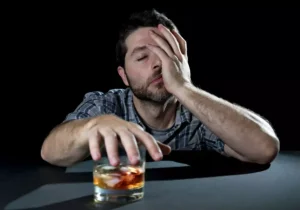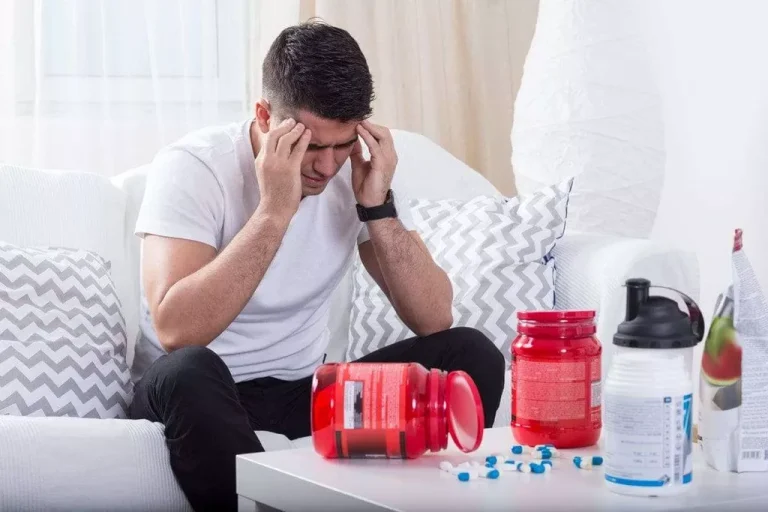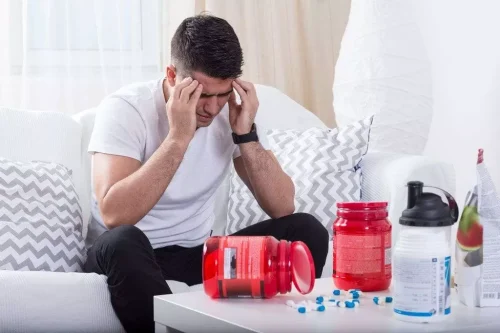
“There’s not a good, ‘For this symptom, take Advil,’ answer,” Dr. Gold says. Generally speaking, antidepressants help balance the neurotransmitters in the brain, so when you stop taking them, your system needs time to balance itself out again. When zaps occur, your brain is essentially readjusting to baseline, Dr. Gold says. If you don’t already have a supportive network, you can make new connections by joining social media communities dedicated to alcohol-free living. Individuals should be prepared to be uncomfortable during this period and have medical help available if needed. This is the period in which delirium tremens is most likely to occur, which requires immediate medical attention.
- But, technically, if you miss your antidepressant for more than a day, you’d be at risk of side effects, Dr. Gold says.
- There are many support options available that can help guide you through alcohol withdrawal, as well as abstaining from alcohol after withdrawal.
- Determine how much alcohol you currently consume and create a timeline for reducing your intake.
- This method is safer than abruptly stopping alcohol consumption, especially when switching from hard liquor to beer.
Health Challenges
If you’re struggling to stick to a taper or do not trust yourself to moderate your alcohol use, having strict supervision and support can help you meet your recovery goals. However, it is important to be aware of the risks of attempting a taper on your own. Sometimes, people think that they don’t need medical help if their symptoms are mild. Unfortunately, alcohol withdrawal symptoms can worsen quickly, and they can include agitation and hallucinations that make it more difficult to seek help. For this reason, it is best to seek medical advice on whether you should taper at home or under medical observation.

Challenges of Tapering Off Alcohol

Deciding to taper off alcohol is a slower process that requires planning, but it can decrease both the chase of experiencing severe withdrawal symptoms and relapse. It’s always best to speak with a healthcare provider when changing your relationship with alcohol. Every person has unique needs, and tapering off may not be an adequate solution to reduce or stop drinking.
Saved Costs and Time

If you or someone you know is experiencing symptoms consistent with DTs, call 911. DTs can be fatal, and a person going through them should have medical support in a hospital or rehab facility. If you struggle to stop drinking, avoid places and situations that tempt you to drink alcohol. You may even ask your friends and family not to drink while around you. If you do relapse, talk to your therapist or addiction treatment specialist who can help you quickly get back on track and prevent it from happening again.
- They will also be able to prescribe you medications that can curb your cravings or reduce your withdrawal symptoms.
- Then come up with a reduction rate you think will be safe, and that you can stick to.
- Understanding your habits and your motivations to quit drinking can help you understand the change you’re making in your life and reinforce why it’s important.
- However, medical treatment is necessary to treat major symptoms of withdrawal.
- Tapering or weaning means ramping down your alcohol use until you get to zero—or to a more moderate level of drinking that you prefer.
- Tapering can sometimes help a person avoid uncomfortable and sometimes deadly symptoms of withdrawal.
- However, medical complications can occur during the acute phase of withdrawal.
- However, that’s not necessarily the case—your brain has simply become accustomed to functioning with your specific med, and it needs some time to balance out and return to your baseline again.
- Tapering off alcohol involves gradually reducing the amount of alcohol you drink.
People who try tapering off alcohol won’t have the guided support of medical professionals that they would at inpatient treatment. In contrast, in-patient care can be more beneficial and less expensive in the long-term. The alcohol withdrawal timeline varies, but the worst of the symptoms typically wear off after 72 hours. People who are daily or heavy drinkers may need medical support to quit. Stopping drinking abruptly can lead to seizures and can even be fatal. People with alcohol use disorder should be monitored by a medical professional when withdrawing from alcohol.
Determine how much alcohol you currently consume and create a timeline can you taper off alcohol for reducing your intake. A good rule of thumb is to cut back by 10% to 20% each day or every few days, depending on your doctor’s recommendations. Only a licensed medical professional can accurately assess your current condition and whether it’s safe for you to taper down.
- When they suddenly quit drinking, the brain continues its hyperactivity, but alcohol no longer suppresses the effects.
- Medical professionals will often, however, recommend a professional detox in which withdrawal symptoms are treated instead of avoided so that you can get off of alcohol as quickly as possible.
- Tapering off alcohol can be a reasonable strategy for anyone who desires to stop drinking.
- A sober life doesn’t have to mean more time at home as you try to block out triggers.
- This excessive glutamate level can lead to alcohol withdrawal symptoms, which can be dangerous.
